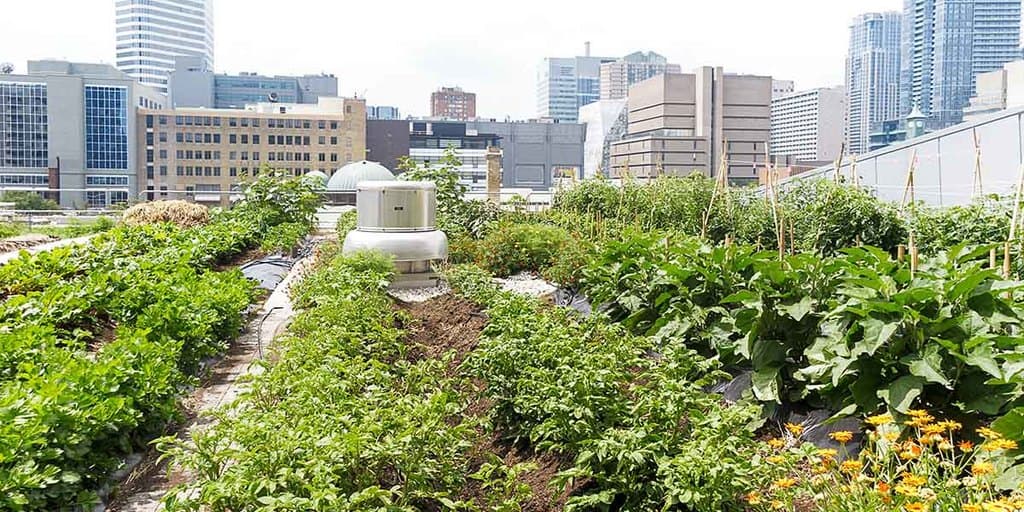We're loading the full news article for you. This includes the article content, images, author information, and related articles.
Kenyans in major cities are increasingly adopting urban farming to combat escalating food prices, transforming small spaces into sources of fresh produce and supplementary income. This trend offers a practical solution to household food security and economic challenges.

Kenyans in Nairobi, Nakuru, Eldoret, and Mombasa are increasingly turning to urban farming as a pragmatic response to the persistent rise in food costs. What began as a recreational pursuit for many city residents has evolved into a significant strategy for ensuring household food security and generating additional income.
A Nairobi mother of four, for instance, typically allocates approximately KSh 2,000 weekly for essential greens such as cabbage, sukuma wiki, and spinach. By establishing a small rooftop garden, she could potentially cultivate enough vegetables for her family's consumption and have surplus produce to sell to neighbours, effectively halving her weekly grocery expenditure.
Many urban dwellers are repurposing readily available containers, including jerricans and plastic buckets, into compact vegetable gardens. These mini-gardens are used to cultivate a variety of produce, including tomatoes, peppers, and herbs, directly outside their residences. This initiative, initially driven by a desire to reduce expenses, has become an innovative method for families to access fresh food and, in some cases, earn income from selling excess produce.
The growing adoption of urban farming is anticipated to influence public discourse and policy formulation in the near future. Analysts suggest that this development could prompt stakeholders to advocate for clearer guidelines regarding implementation timelines, associated costs, and necessary safeguards to support and regulate urban agricultural practices.
While urban farming presents numerous benefits, potential challenges include access to clean water, soil contamination in urban environments, and the need for adequate technical support and training for aspiring urban farmers. Without clear policy frameworks, the unregulated expansion of urban agriculture could also lead to sanitation issues or disputes over land use.
Observers will be keen to see how national and county governments respond to this burgeoning trend. The development of supportive policies, access to resources, and educational programmes for urban farmers will be crucial in determining the long-term sustainability and impact of urban agriculture in Kenya.
The rise of urban farming aligns with broader national efforts to enhance food security and promote sustainable living practices, particularly in the face of climate change and economic pressures.
Keep the conversation in one place—threads here stay linked to the story and in the forums.
Sign in to start a discussion
Start a conversation about this story and keep it linked here.
Other hot threads
E-sports and Gaming Community in Kenya
Active 9 months ago
The Role of Technology in Modern Agriculture (AgriTech)
Active 9 months ago
Popular Recreational Activities Across Counties
Active 9 months ago
Investing in Youth Sports Development Programs
Active 9 months ago